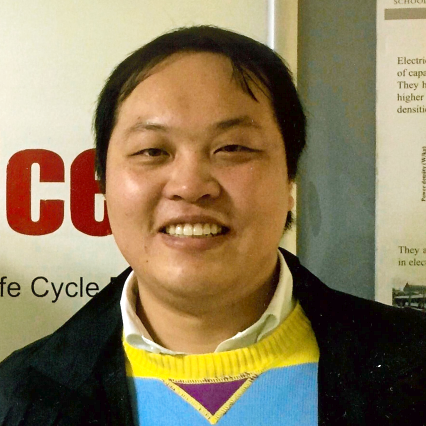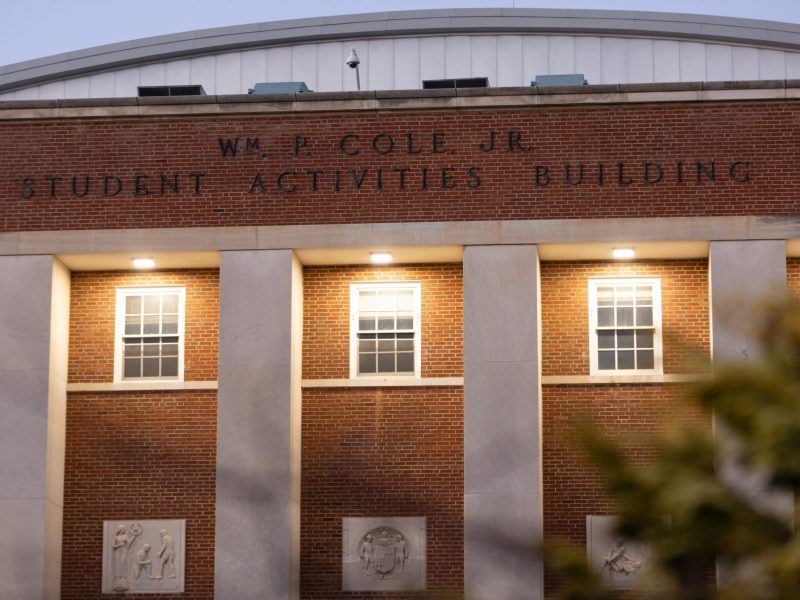By Jeff Barnes
For The Diamondback
A few months ago, Myeongsu Kang, a University of Maryland postdoctorate research scientist, received his EB-1 visa as a person of “extraordinary ability” — sharing the designation with Pulitzer and Oscar winners and Olympic medal recipients, among other high-achieving individuals not native to the U.S.
After receiving the designation, the 38-year-old, who began working in this university’s Center for Advanced Life Cycle Engineering in August 2015, passed away suddenly after suffering a heart attack in his home on July 28. He is survived by his wife, Yeoung-seon Kim, and two sons, Mark and Matthew.
“It is a loss for our country that he will not be making his continuing contributions to science, but that pales in comparison with what his absence will mean for his family,” wrote Diganta Das, an associate research scientist who helped mentor Kang, in an email. “I feel that he already did imbue his nature to his boys and they will grow up to be men with great minds, with the help and guidance of their mother and family.”
He started working in the CALCE, a research facility at this university, after receiving his bachelor’s, master’s and doctoral degrees in computer engineering from the University of Ulsan in South Korea. Considered an expert in the field of machine learning methods, system modeling and statistics for prognostics and systems health management, Kang is warmly remembered by his colleagues for his dedication to his family and his research.
Michael Azarian, an associate research scientist in the CALCE, said Kang was an effective collaborator, mentor and teacher, always willing to share his knowledge with others and never hesitating to offer guidance to students who were struggling. Azarian said his “gentle persistence” helped drive those students to success.
“If he felt that a student was going astray or needed guidance, he would offer that,” Azarian said. “He wasn’t harsh about it, but he wouldn’t let it go.”
In contrast to the more senior postdoctorates in the center, Kang often chose to work alone on modeling, coding and testing rather than delegate that work to others, Das said. His hard work, knowledge and willingness to help others and learn new things often inspired them.
“He was kind of the new person so he could not get things done by others by demanding it, but he got them done anyway by persuading them,” he said.
In addition to combining various software and algorithms to create more complete products, Kang also recently completed work alongside Michael Pecht, CALCE founder and director, on an upcoming book, “Prognostics and Health Management of Electronics: Fundamentals, Machine Learning, and Internet of Things,” which will be released next month. He taught courses at this university, and helped in the development of ENME737: Prognostics and Systems Health Management.
The center expressed its sorrow on various social media pages and directed readers to a GoFundMe page to help his family with funeral and memorial costs.
“Dr. Kang was a valuable, beloved member at CALCE, and he will be dearly missed by his colleagues and students,” the center’s LinkedIn page read.
Aside from his own research and contributions to other students’, Azarian said the center will miss his positive outlook and sense of humor.
“He had a jovial outlook,” he said. “When I think of him, I think of him smiling.”
CORRECTION: Due to a reporting error, a previous version of this story referred to Michael Azarian as an assistant research scientist. He is an associate research scientist. This story has been updated.



